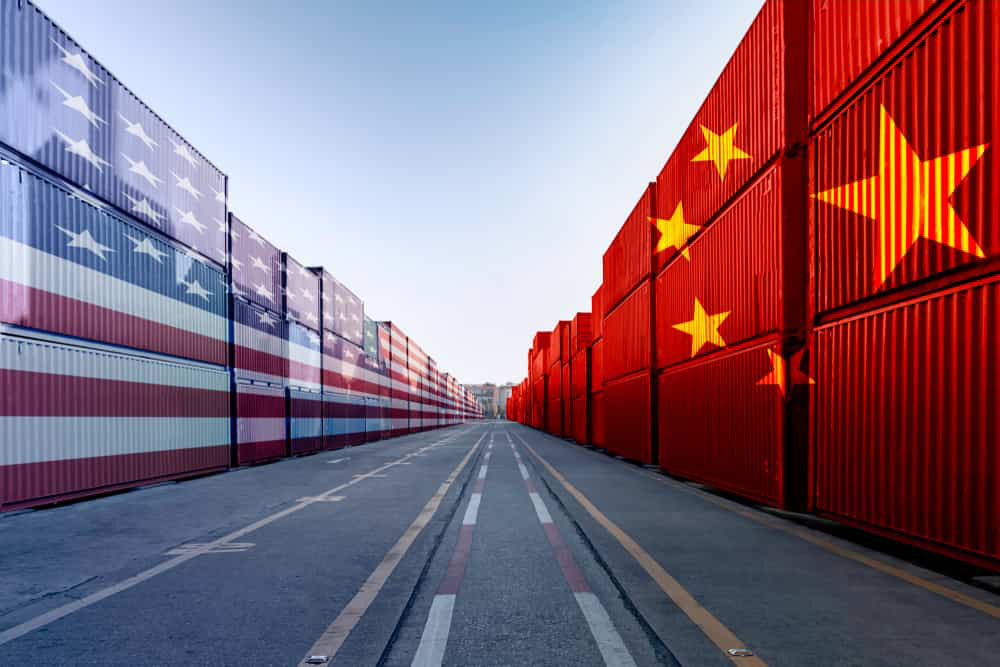China is sending a crystal-clear message to Washington: it’s fully prepared for a deepening trade war, and it is not backing down.
This is the worrying warning from Nigel Green, CEO and Founder of financial advisory giant deVere Group.
The latest moves out of Beijing show a government bracing for extended economic conflict with the U.S. under President Trump.
The clearest signal came through the yuan, which is quietly sliding lower — a strategic warning shot that says if provoked, China can and will use currency devaluation as a potent countermeasure.
“The weakening yuan is not simply market mechanics at work; it is Beijing putting Washington on notice that far more forceful actions are in reserve if escalation continues,” said Green.
“This is now a battle of endurance. Trump is ratcheting up the pressure, believing he can force concessions through intimidation. Beijing, however, is determined to show that it will not be cowed.”
The deVere CEO said that rather than rolling over, China is fortifying itself — insulating key industries, diversifying its supply chains, and preparing policy weapons for a prolonged standoff.
Behind the scenes, both sides are actively probing the other’s limits. Washington imposes tariffs and threatens further restrictions, while Beijing retaliates selectively and signals bigger steps ahead.
Neither side wants to be seen as blinking first. Yet the real story is that China is defending itself while laying the groundwork for a larger counteroffensive if required.
“The timing and nature of the yuan’s movement underscore the seriousness of Beijing’s position. It’s not a reckless devaluation aimed at short-term advantage. It is a carefully calibrated message to the White House: escalation will not come without consequences,” Green commented.
“By allowing the yuan to weaken, Beijing is flexing its muscles and demonstrating that it holds powerful economic cards it’s willing to play if pushed further.”
“The White House should not mistake restraint for weakness. Beijing is showing strategic patience, but there’s real steel underneath. If Washington continues to escalate, China’s response will not be meek — it will be methodical, far-reaching, and designed to maximise impact where it hurts the most,” added Green.
High alert
Markets are already on high alert.
Investors are recalibrating risk models to account for a world where supply chains stretch even further away from the US, where capital flows shift, and where currency volatility spikes as part of a broader realignment of global power.
“We’re entering a period where tactical moves like yuan weakening aren’t just financial signals; they’re part of a bigger geopolitical chess game,” said Nigel Green.
“For investors, understanding that China is preparing for the long haul is critical. It’s about structural changes to global trade patterns that could shape the next decade.”
The notion that China would quickly capitulate under Trump’s pressure campaign was always misguided. Beijing has made clear that if the price of resisting demands is higher short-term pain, it is willing to bear it.
Green concluded that Beijing is setting the terms of engagement.
“Washington can choose to escalate, but it will not do so without facing increasingly sophisticated countermeasures.
“China is no longer trying to avoid a trade war at all costs — it is preparing to win one if forced into it.”






